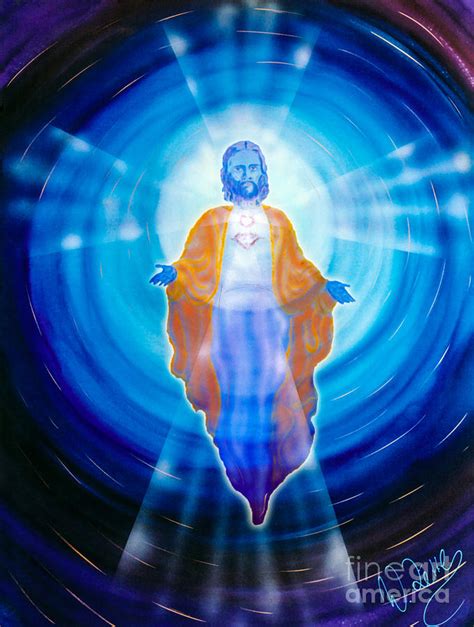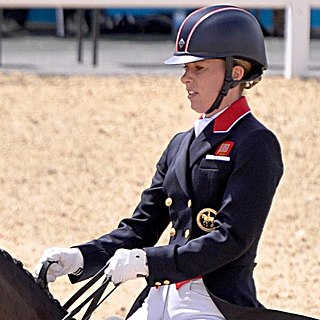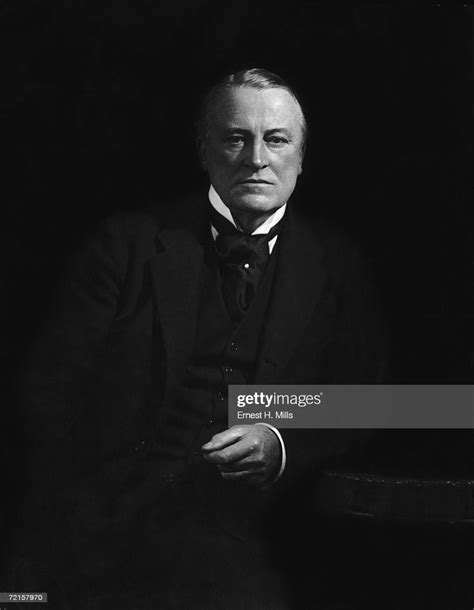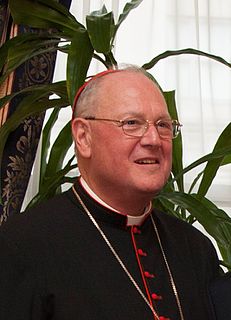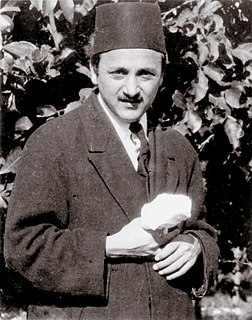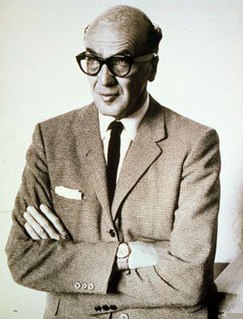A Quote by Walter Zettl
The biggest enemy to the partnership of dressage is impatience and the human nature to dominate other creatures.
Quote Topics
Related Quotes
Human beings are not our enemy. Our enemy is not the other person. Our enemy is the violence, ignorance, and injustice in us and in the other person. When we are armed with compassion and understanding, we fight not against other people, but against the tendency to invade, to dominate, and to exploit.
There are two main human sins from which all the others derive: impatience and indolence. It was because of impatience that they were expelled from Paradise; it is because of indolence that they do not return. Yet perhaps there is only one major sin: impatience. Because of impatience they were expelled, because of impatience they do not return.
We're into an age of excessive individuals, all right. We're into the age were independence, autonomy, convenience, sometimes selfishness. The new trinity of me, myself and I, seems to dominate. We know that's contrary to the very nature of the human person. The very nature of the human person needs God and needs other people.
There are two cardinal human sins out of which all others derive, deviate, and dissipate: impatience and lassitude (or perhaps nonchalance). On account of impatience they are driven out of paradise; on account of lassitude or nonchalance they do not return. Perhaps, however, only one main sense of sin is given: impatience. On account of impatience they are driven out, on account of impatience they do not turn back.
Regarding the passage on p. 163 of the 'Gleanings': The creatures which Bahá'u'lláh states to be found on every planet cannot be considered to be necessarily similar or different from human beings on this earth. Bahá'u'lláh does not specifically state whether such creatures are like or unlike us. He simply refers to the fact that there are creatures on every planet. It remains for science to discover one day the exact nature of these creatures.
If you love a woman, you can dominate her. That's why lovers go on playing politics with each other, dominating, possessing; the fear is there that if you don't dominate you will be lost and the other will dominate, so they continuously fight. Husbands and wives, lovers, go on fighting; the fight is for existence, to survive. The fear is there, "I may be lost in the other."
